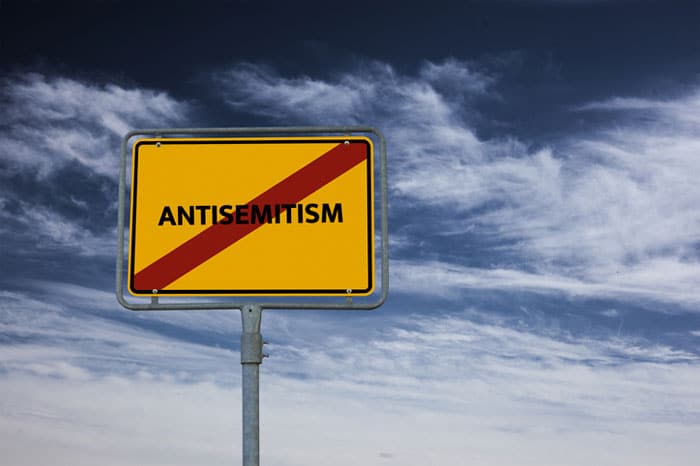
Creative Community for Peace (CCFP) released their first-ever report on July 19 highlighting various incidents of antisemitism that have been plaguing the entertainment industry.
The report, which spans 20 pages, shares various examples of antisemitic incidents that have occurred in the different corners of entertainment.
“The entertainment industry is rather insular and tend to listen to people they know they trust,” CCFP Director Ari Ingel told the Journal in a phone interview. “So to really have an impact in the entertainment industry, you have to be working within the industry.” Ingel, himself an entertainment attorney and music manager, said that two and a half years, CCFP realized they needed to be more “impactful” in educating people in the industry about rising antisemitism, “and this report is an extension of that.”
Antisemitism among athletes came to the forefront in July 2020, when wide receiver DeSean Jackson expressed support for Nation of Islam (NOI) leader Louis Farrakhan; Jackson has since apologized but various other athletes defended Jackson’s initial comments. Ingel pointed to how Jackson’s comments were spread to his “millions of fans” on social media. “It shows you these guys have a lot of influence and they’re impacted by people like Louis Farrakhan and them regurgitating and posting this stuff has an impact,” he said.
Regarding Farrakhan, Ingel said that those in the Black community and in the inner cities “have a certain affinity for him” because Farrakhan and the NOI provided social services and schooling in the inner cities when the government wasn’t. “What I don’t think they realize though is the antisemitism that he spews and the vitriol that he spews about the Jewish people,” Ingel said, adding that Farrakhan’s words now have wider impact thanks to social media. “So you have football players, you have basketball players, you have artists in the music industry that are hearing these things.” Ingel pointed to Revolt TV––founded by rapper Sean “Diddy” Combs––broadcasting Farrakhan’s July 4 speech in 2020 as the event that preceded the Jackson incident as well Chelsea Handler sharing a clip of a Farrakhan speech on social media, thus creating “a loop of essential hatred.”
Some TV shows have promulgated antisemitic stereotypes as well. The report points to Netflix’s “Umbrella Academy,” which features a villain depicted as “a ‘lizard person’ who disguises himself as a human, and an organizer of evil forces who speaks Yiddish, among other languages.” “These character traits echo the anti-Jewish conspiracy theories of former soccer player and BBC sportscaster David Icke, who has written books claiming that many prominent Jews are actually secret ‘lizard people’ seeking world domination,” the CCFP report stated. The report also documents instances of “antisemitic treatment in Hollywood,” pointing to “Stranger Things” star Winona Ryder recounting how “she was called an ‘oven dodger’ by Mel Gibson and was passed over for a movie role because she looked ‘too Jewish.’”
In the music industry, former Pink Floyd bassist Roger Waters is infamous for his vocal support of the Boycott, Divestment and Sanctions (BDS) movement as well as for putting a Star of David on a flying pig during his concerts. But the report also noted that Waters played an animated video during one of his concerts of “Israel dropping bombs in the shape of Stars of David and dollar signs” and that he pressured a Pink Floyd cover band not to perform in Israel in 2019 by claiming that “the people you intend to entertain are executing their neighbor’s children, shooting them down in cold blood every day.”
Ingel said that the overwhelming majority of American Jews are Zionists, so when the BDS crowd demonizes Israel as being “colonialist,” “apartheid” and “white supremacist,” then “all of a sudden you’re supporting apartheid, genocide, ethnic cleansing, white supremacy, and that causes antisemitism here at home.”
Ingel said that various examples behavior against various minority communities that were once viewed as okay “15, 20, 30, 40 years ago” are no longer viewed as such, except when it comes to Jews. “As the saying goes, Jews don’t matter,” Ingel said. “And we’re still seeing instances… where you can say things about Jews and there’s no one marching the streets, no one’s getting fired, and it’s not making mainstream media. But in other persecuted minorities, it’s major incidents and they would never even go there.”
The report concludes with a series of recommendations for the entertainment to combat antisemitism in the industry, suggesting that companies in the industry adopt the International Holocaust Remembrance Alliance definition of antisemitism, bring on antisemitism experts to their Diversity, Equity and Inclusion (DEI) teams and provide training to their staff members on antisemitism. The report also recommends that TV and film companies adopt the “The Tevye Test” based on author and educator Ben M. Freeman’s work in the representation of Jewish people in the media. Freeman has developed the “Trichtomy of Jewish Representation” in how Jews are portrayed in entertainment: “Funny Secular Jews” who create humor through “non-threatening Jewish stereotypes,” “Murdered Jews” centers on “Jewish death, destruction and trauma” and “Bad Orthodox Jews” refers to the “demonization of Jews via stereotypes, and in particular, Orthodox Jews and traditional Judaism which are depicted as contradictory to Western values.”
“This report shows how much work needs to be done within our industry,” Ingel said in a statement. “For instance, usually unaware, streaming platforms, television shows, and films disseminate and promulgate antisemitic tropes. In a society that’s increasingly become more sensitive to fair and accurate representation, the impact on Jews often doesn’t count.”









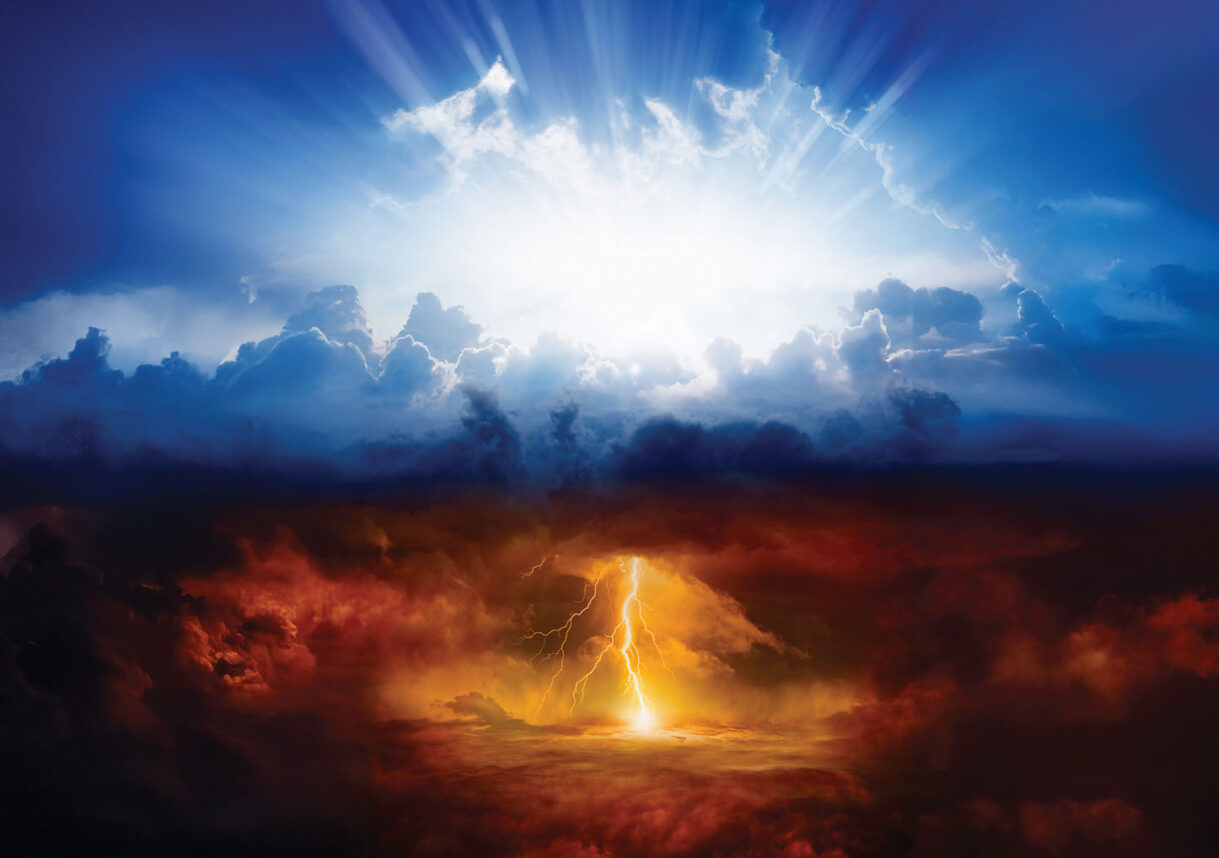


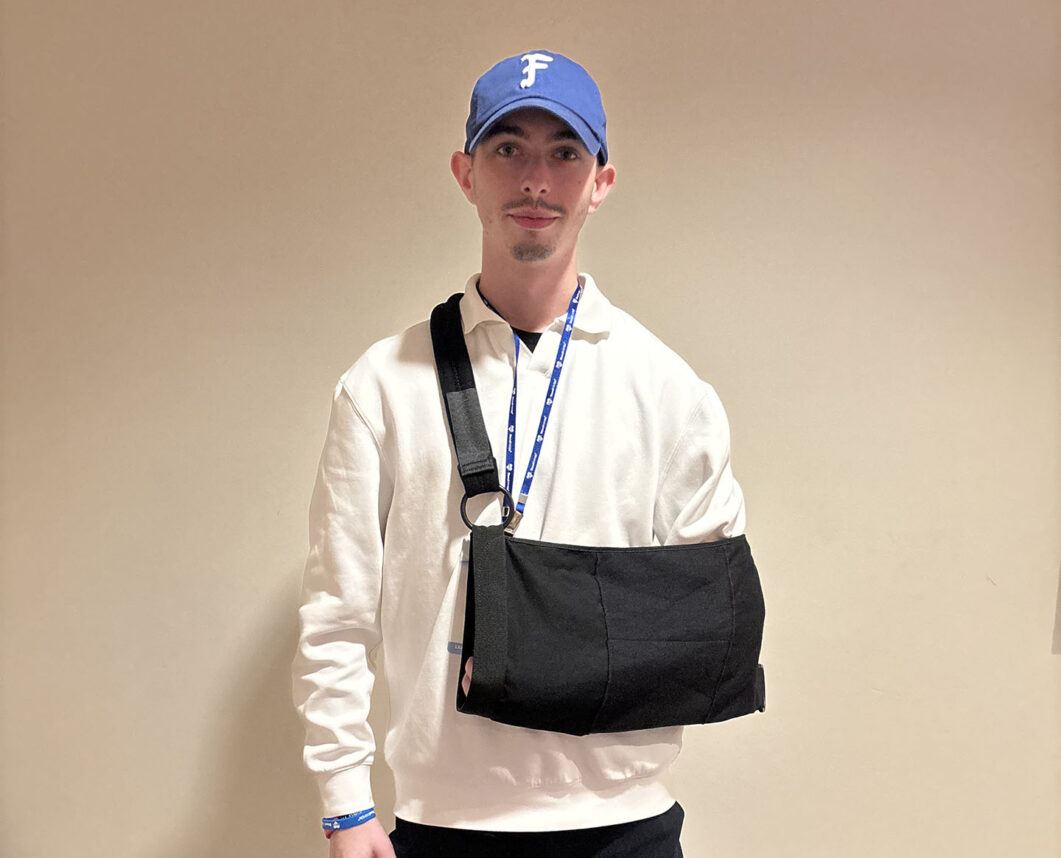
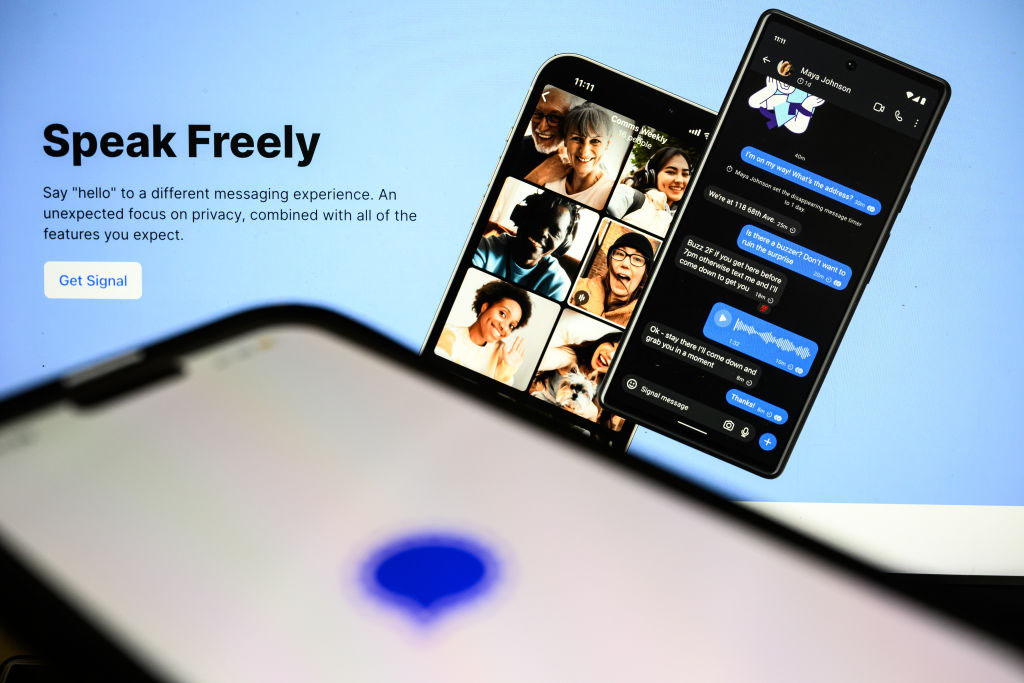
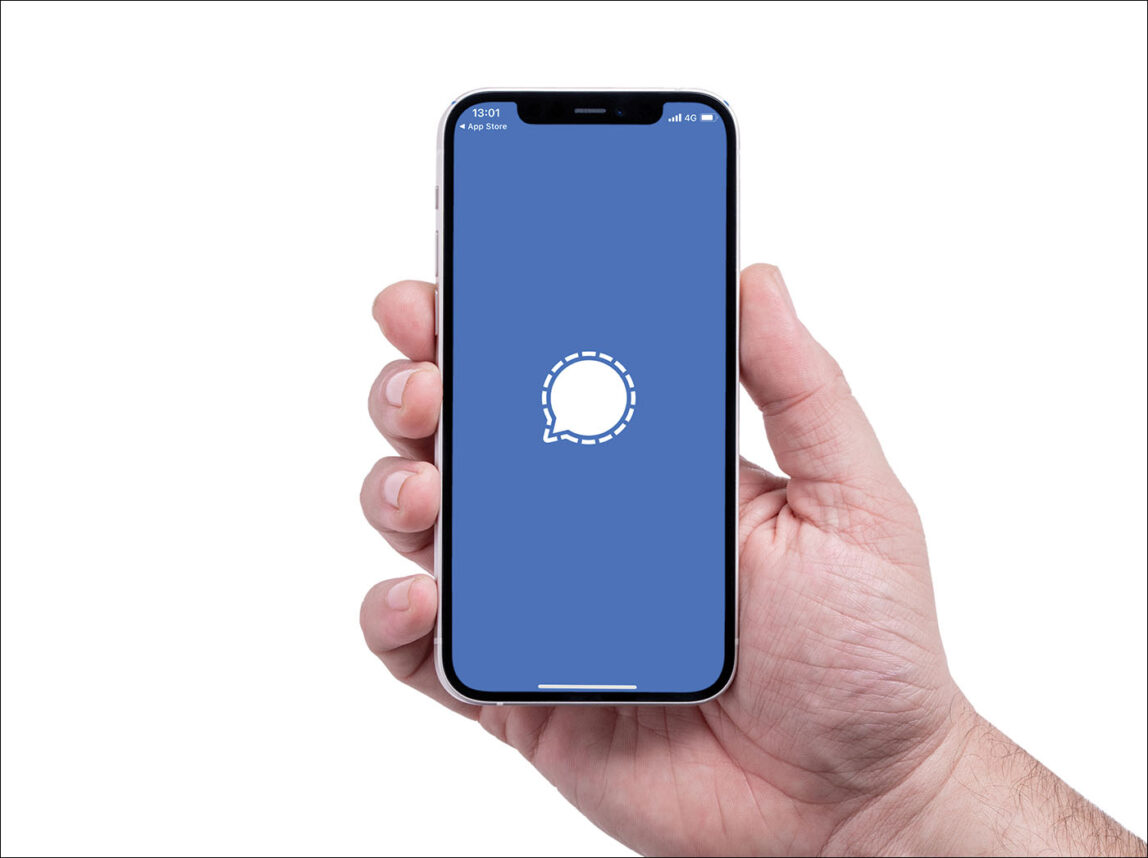


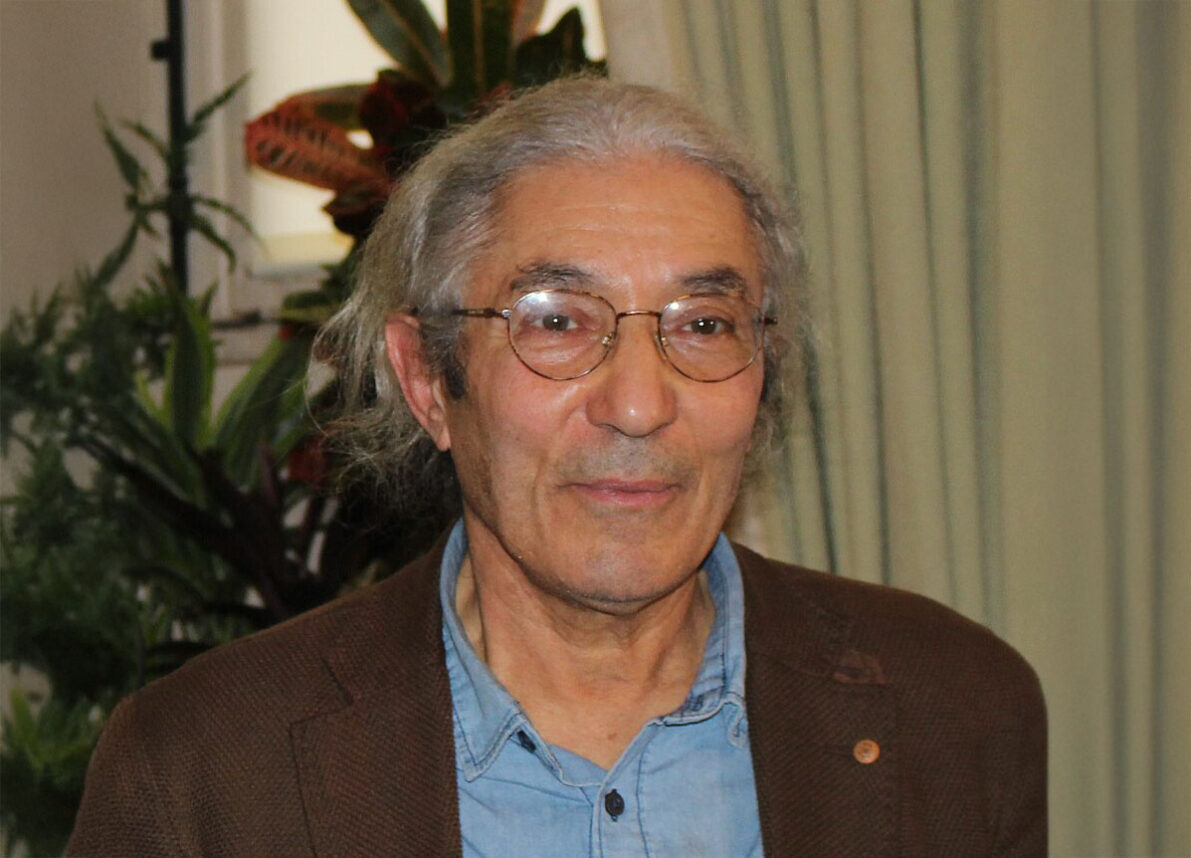






 More news and opinions than at a Shabbat dinner, right in your inbox.
More news and opinions than at a Shabbat dinner, right in your inbox.